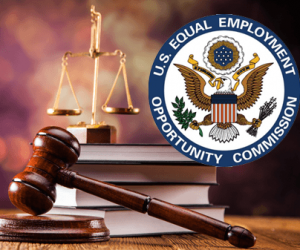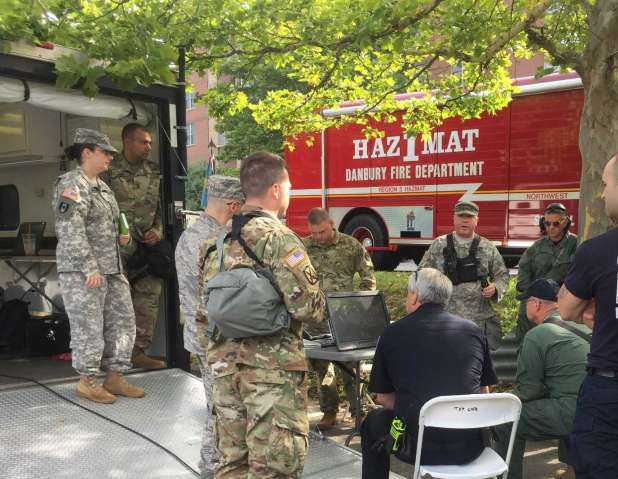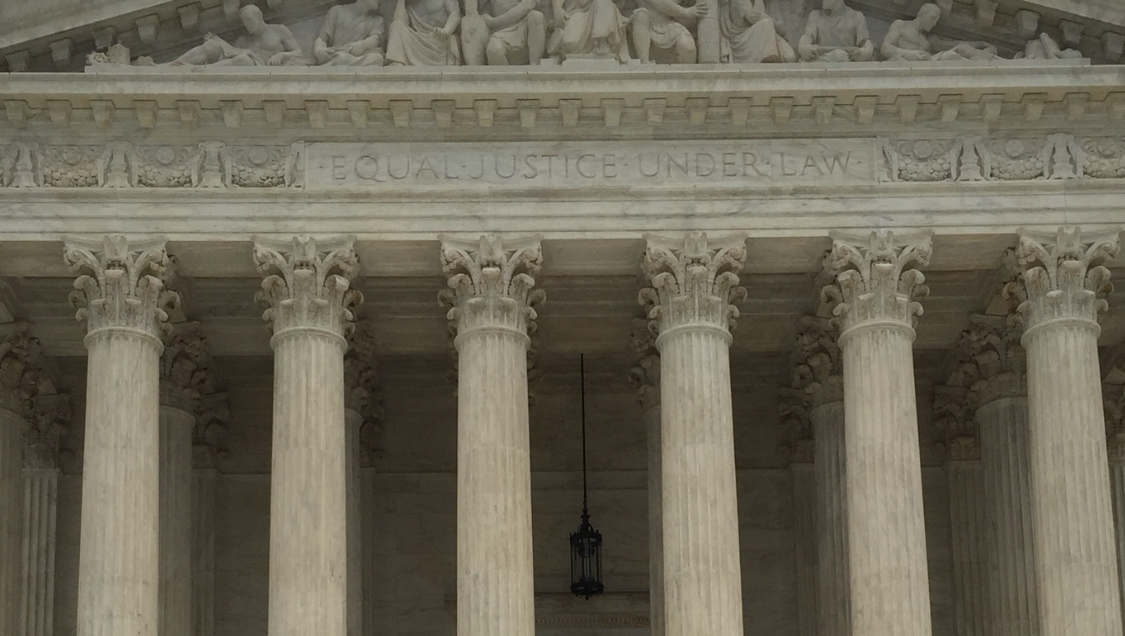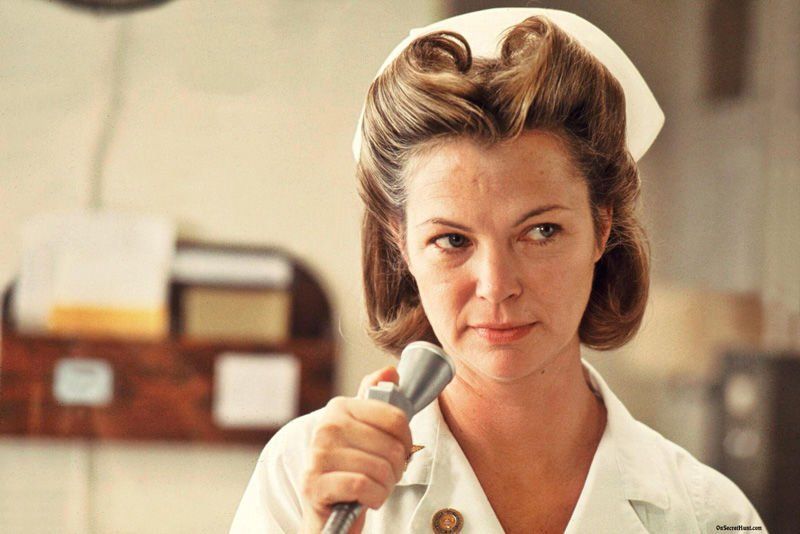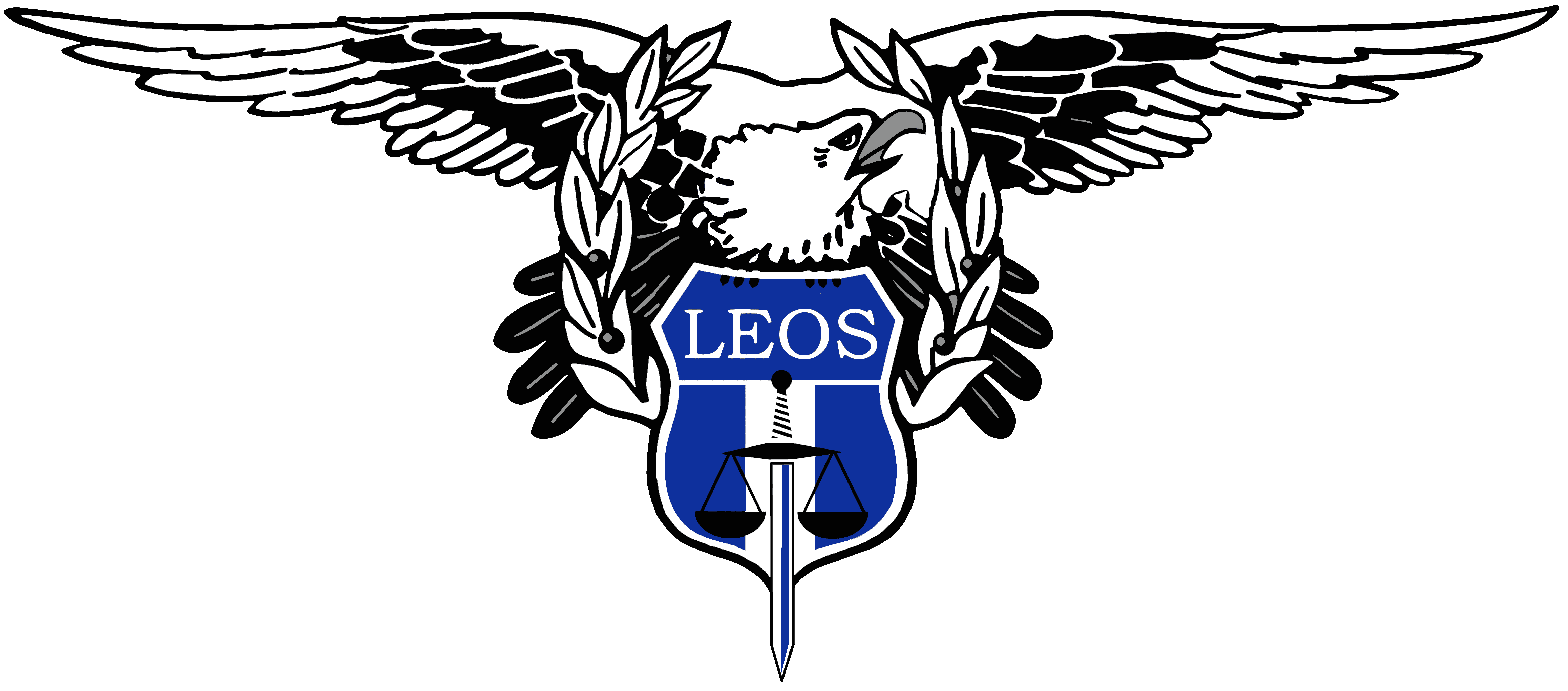Coronavirus, the ADA, and EEOC guidance
LEOS Protection • March 14, 2020
Employers and government agencies need to apply a cautious approach to confronting the novel coronavirus. Some employers are considering measuring the temperatures of their employees before they report to work, since a fever may be a symptom of the coronavirus. The Centers for Disease Control and Prevention defines a fever as 100.4°F/38°C or higher. The EEOC has pushed out guidance for pandemic preparedness in the workplace (which is generally the same as for the prior H1N1 and SARS events) .
Is a Temperature Test a Medical Examination Under the ADA?
The Americans with Disabilities Act does not define “medical examination.” However, the Equal Employment Opportunity Commission defines “medical examination” as a “procedure or test that seeks information about an individual’s physical or mental impairments or health”:
“The ADA prohibits an employer from making disability-related inquiries and requiring medical examinations of employees, except under limited circumstances… The ADA prohibits employee disability-related inquiries or medical examinations unless they are job-related and consistent with business necessity. Generally, a disability-related inquiry or medical examination of an employee is job-related and consistent with business necessity when an employer has a reasonable belief, based on objective evidence, that :
An employee’s ability to perform essential job functions will be impaired by a medical condition; or
An employee will pose a direct threat due to a medical condition.
This reasonable belief “must be based on objective evidence obtained, or reasonably available to the employer, prior to making a disability-related inquiry or requiring a medical examination.”
All information about applicants or employees obtained through disability-related inquiries or medical examinations must be kept confidential. Information regarding the medical condition or history of an employee must be collected and maintained on separate forms and in separate medical files and be treated as a confidential medical record.”
Accordingly, the agency may have authority to screen employees for fever before allowing work to commence, but results of any such tests must be strictly confidential and not populated into the employee’s job file or employment records. In prior guidance, the EEOC took the position that a temperature test in the event of a pandemic may be justified by business necessity. There is scant case law on the issue. An employer can minimize, but not eliminate, the ADA risk by making clear the temperature test is to determine whether someone has symptoms, not whether he or she has an impairment or medical condition.
The fact that having a fever does not mean an individual has COVID-19 or any other disability as defined by the ADA may be helpful but may not be determinative in whether a claim is brought and/or successful. The agency would be well advised to consult with the AMA first. Because temperature testing may benefit the majority of the workforce, the AMA may approve of such testing.
Abusive agency practices or violations of the rights of the workforce may result in a complaint filed with the NLRA. If a group of employees refuse to submit to testing, a real possibility that needs to be considered, particularly in light of privacy concerns. the employees most likely are engaging in protected concerted activity under the NLRA.
Employers need to be clear that the fact an individual does not have a temperature does not mean that he or she does not have Covid 19 or any other medical condition. It is a precaution; it does not equal prevention. Further, the CDC generally recommends that an individual who had a fever not return to work until the fever is gone for at least 24 hours without fever-reducing medicines. In the event the employee has been diagnosed with COVID-19, the waiting period likely would be longer, for example, three days after the cessation of symptoms without medication.
This information is furnished to you by our LEOS Protection partners.
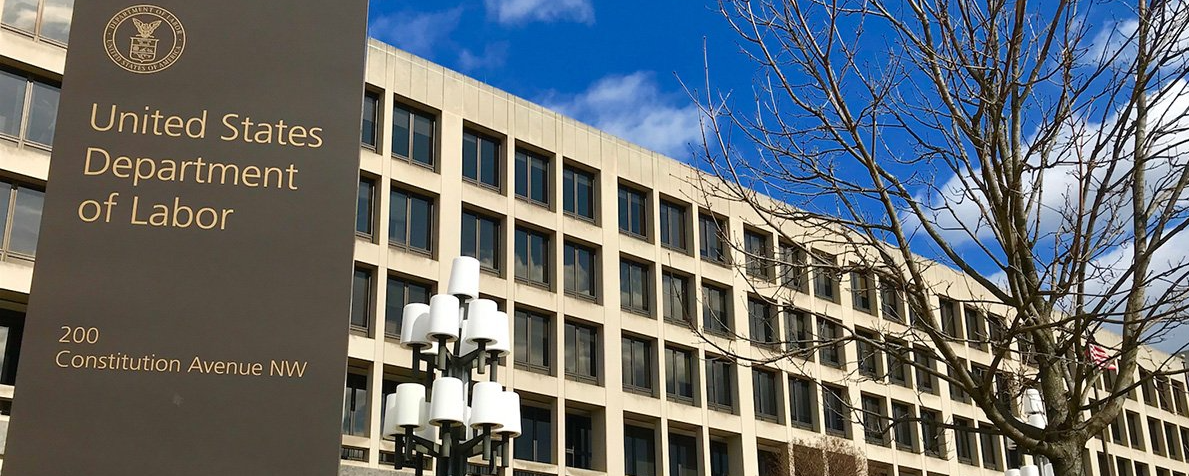
Effective 09/28/2020, you can electronically receive and respond to letters from OWCP directly through your ECOMP Dashboard. If OWCP sends you a letter requiring a response, it will now appear in your ECOMP dashboard under the “Action Required” tab. You can respond online and attach documents to your response. A video tutorial is also available in ECOMP’s Help Menu under User Guides / Injured Worker / Introduction. If OWCP sends you an informational-only letter, it will only appear in your Case View, which you cannot access from your dashboard. To access your Case View, you must click on the case number from your dashboard. The second change also takes effect today, September 28, 2020, when OWCP will start using 202-513-6860 as the sole telephone number where you can reach them from 9:30 a.m. – 6:30 p.m. ET, Monday – Friday (except for federal holidays). This new voice line will replace the current 12 FECA district office telephone numbers and provide you direct access to your assigned Claims Examiner.

On April 27, 2020, OWCP will launch its new Workers’ Compensation Medical Bill Process system, (WCMBP). This begins with transferring all medical bill process services to OWCP’s new bill pay contractor, CNSI. The new system will allow claimants, survivors and authorized representatives to submit bills for reimbursement, track authorizations, check eligibility, view case status and view bill history. If you haven’t done so, you will need to register with OWCP Connect to authenticate to the new system. If you aren’t signed up with OWCP connect, you will not have access to the new system. Here is the OWCP Connect link: https://owcpconnect.dol.gov/owcplogin/ You will be receiving a welcome letter with a Medical Benefits ID card, (MBIC). This card will have a case ID number, which will identify you in the new system and you will need to provide a copy of your ID card to your providers. Your providers will also be receiving letters explaining how to access the new system and how to register with the new system. The letters and ID cards are scheduled to be mailed out prior to 04/27/2020 You can go to https://prod.wcmbp.com/outreach for webinars and information pertaining to the transition. This link will be available until April 24, 2020. Conduent (the current bill pay contractor) will only provide OWCP pharmacy bill processing services and will be utilizing a new web address URL and new mailing address. The new web address for Conduent will be https://owcprx.dol.gov OWCP Pharmacy providers should begin using the new PO Box now. Any submitted pharmacy bills and/or correspondence sent to the old OWCP Central Mailroom PO Box after April 17, 2020 will be returned unprocessed. OWCP pharmacy-related bills and pharmacy correspondence should now be mailed to: Department of Labor Pharmacy Bill Processing, DFEC PO Box 8308 London, KY 40742-8308
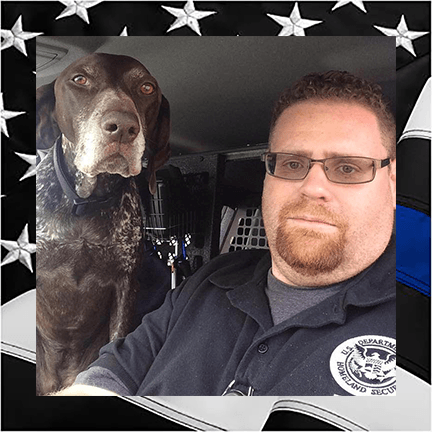
The LEOS Protection team is stunned and saddened by Frank's passing, and our heart goes out to his loved ones. Please keep Frank's wife and family in your thoughts and prayers. Frank had a heart of gold, and will be sorely missed. In 2018, Frank helped organize TSA Canine Officers under LEOS Protection and even set up a LEOS seminar in Newark NJ. Frank had suffered a workplace injury, and LEOS helped him receive the federal benefits he was entitled to. He was very grateful, and became a big supporter of LEOS Protection. What I liked most about Frank was how genuine he was, nothing fake about him. He always had a smile, and was upbeat and positive throughout all of his trials. He was a big teddy bear, and he was loved and respected by all of his coworkers. He loved the dogs he worked with, and looked forward to going to work and making a difference. Frank was taken away from us far too early. His passing from COVID-19 is a shock and a loss to the entire federal community. If you are symptomatic, please get to a testing facility immediately so you can receive treatment as early as possible. Call or email LEOS for immediate assistance with filing any COVID-19 related claims to ensure that your loved ones are provided for. Stay safe
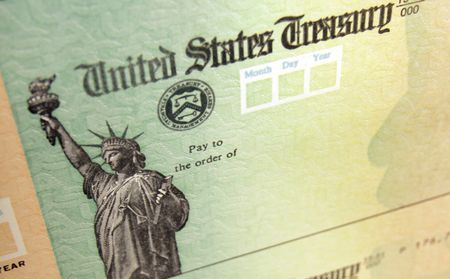
If you rely on non-taxable government income, i.e., SSI and OWCP compensation, you may still qualify for a relief check. Relief checks are going to be based on adjusted income on tax returns. If there is no tax return, they will use the 1099 form from Social Security. Amounts are as follows: $1,200.00 if single at $75,000.00 $2,400.00 if married filing jointly at $150,000.00 $500.00 per child 16 years or younger The $1,200.00 amount is reduced $5.00 per $100.00 for incomes above $75,000.00 if single and $150,000 married, filing jointly. There is no relief check for incomes over $99,000.00 with one child if single or $198,000.00 married, filing jointly. Those with direct deposit who qualify will have their checks deposited directly into their bank accounts. Those without direct deposit will be mailed a check. They expect mailed checks to take much longer; current estimates are up to five months to receive a check in the mail. The Treasury will be setting up a web-based portal where those who do not have direct deposit can sign up for direct deposit. We will post that information when it becomes available. Payments are expected to begin in the next two weeks. Don’t fall for scams Coronavirus relief check scams are already popping up. Currently, scammers are contacting people (usually by phone) pretending to be from the IRS or other government agency telling people they need their bank account or other personal information to deposit their check. If you’re entitled to a relief check, it will be automatically deposited or mailed to you, there is nothing you need to do to receive your relief check. The government will not be calling you for information and if anyone does, they are a scammer, plain and simple.

In June 2018, a Supreme Court case changed the labor union landscape by overturning forty years of case law. In Janus v. American Federation of State, County, and Municipal Employees Council 31 (“AFSCME”), the Supreme Court ruled against mandatory union fees and held that state government workers cannot be required to pay “fair share fees” or “agency fees.” The Court found that forcing someone to pay a union fee violates First Amendment protections of free speech and association. Before Janus, unions were allowed to collect agency fees from nonunion members to recover costs of collective bargaining, contract administration, and grievance adjustment purposes. The Janus case has created widespread implications for agency employers that will continue to develop. After Janus, public sector unions cannot demand fair share fees, which typically made up 70 to 80 percent of full union dues, and employers cannot collect such fees from an employee’s pay without clear and affirmative consent. Takeaway: An agency employer cannot collect fees from nonunion members unless an individual clearly and affirmatively agrees to pay fees. Even more recently, on February 14, 2020, the Federal Labor Relations Authority found that the ruling in Janus generally applies to agencies and labor organizations in regard to federal employees’ requests to revoke union dues assignments (71 FLRA No. 107). The FLRA came down with a 2-1 decision that found that upon receiving an employee’s request to revoke a previously authorized union‑dues assignment, an agency should process the request as soon as administratively feasible, as long as one year has elapsed since the original dues authorization. In other words, an employee may revoke a previously authorized dues assignment at any time he or she chooses after the initial one-year period that he or she first authorized the assignment. Takeaway: An agency employer should process employee requests to revoke union dues assignments as soon as administratively feasible as long as one year has passed since the employee first authorized the assignment. From requiring clear and affirmative consent to collect fees to allowing cancellation of automatic payments, the Supreme Court’s decision in Janus has had widespread effects that will likely continue to evolve.

